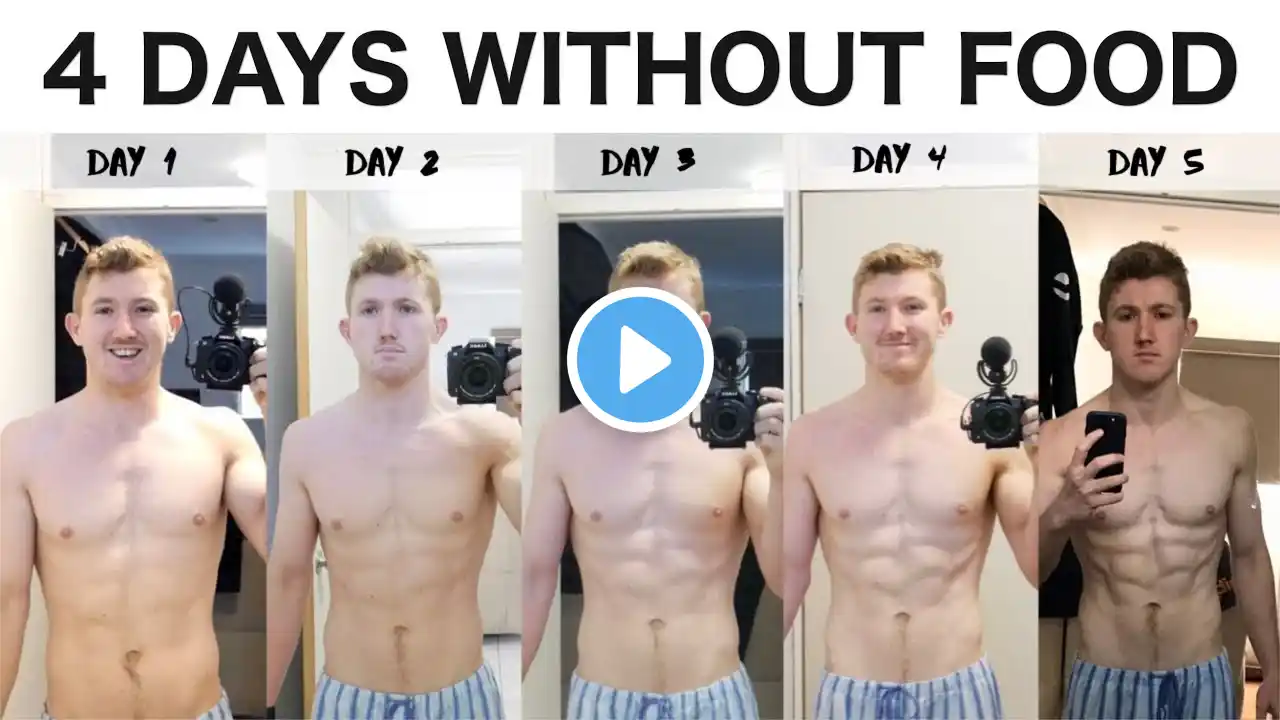
What Happens If You Don't Eat for Four Days 🤯
What really happens to your body and metabolism when you don't eat for four days? For decades, the "starvation mode" theory suggested that fasting slows your metabolism. However, research, including studies by experts like Dr. Jason Fung, indicates the opposite may be true in the short term. We break down the evidence showing how basal metabolic rate (BMR) can be maintained or even temporarily increased during early prolonged fasts as the body ramps up its reliance on stored fat for fuel. The key biological switches activated during an extended fast, such as a 4-day fast, fundamentally shift the body's energy source and maintenance processes. The first major switch is a dramatic drop in insulin levels, which is critical because it signals the body to stop storing energy and start burning it, thus allowing the transition into a state of ketosis where the body relies on fat (and subsequent ketones) for fuel. Simultaneously, the body significantly ramps up autophagy, a crucial cellular "clean-up" process where damaged cellular components are recycled and regenerated, contributing to longevity and health. Finally, the fast stimulates a surge in Human Growth Hormone (HGH), a powerful counter-regulatory hormone that helps preserve lean muscle mass while prioritizing the breakdown of stored fat for energy. Credit to The Diary Life of a CEO #FastingScience #ExtendedFasting #4DayFast #Ketosis #Autophagy #MetabolismBoost #DrJasonFung #HealthResearch #Biohacking #Shorts #Short #Fasting #IntermittentFasting #Health #WeightLoss #Science #Metabolism



















